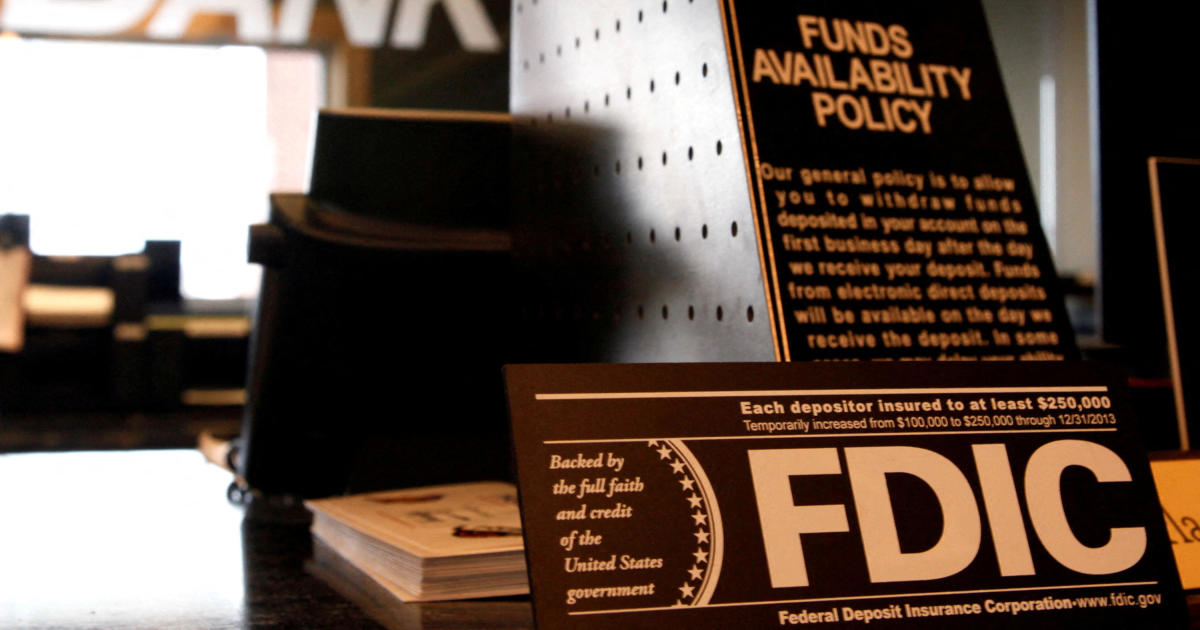Bank of America predicts when stocks will peak
It seems far-fetched right now, I know, with stocks continuing to melt to new highs with nary a care in the world. Big-tech stocks like Amazon (AMZN) and Apple (AAPL) are going vertical out of their late October lows. The Federal Reserve's rate hikes have yet to bite the real economy. And there remains the specter of a fiscal stimulus push from the tax cut legislation working through Congress.
And yet, some on Wall Street are sounding the alarm. Bank of America Merrill Lynch chief investment strategist Michael Hartnett, in a note to clients this week, wrote that it will all end within the next seven months. He forecasts "The Big Top" will hit in the first half of 2018 as "the last flames of [quantitative easing], U.S. tax reform and robust [earnings growth] force everyone still skeptical into the market."
He's dubbed it the "Icarus Trade" and acknowledges that the air is, indeed, getting thin up here.
The catalyst for the eventual top will be the reappearance of inflation pressure, which will be a "game changer" for this era of central bank largesse that shatters the "Goldilocks consensus" that weak growth is good (since it means more monetary stimulus) and strong growth is good (since rates will remain low anyway).
The consequence? An end to the current 50-year low in stock market volatility and the 30-year low in bond market volatility with a flash crash in the vein of the 1987, 1994 and 1998 episodes.
The nexus will be the bond market, in his view -- the center of some unpleasantness recently, in the junk high-yield arena -- as prices fall on a combination of higher interest rates and wider spreads. (Spreads are the gap between risk-free Treasury yields and corporate rates).
To be sure, looking back, 2017 has many hallmarks of a bull market gone too far. Da Vinci's "Salvator Mundi" sold for $450 million. Bitcoin is up some 700 percent. Global debt has risen to a record $226 trillion. Rates on European junk bonds fell below U.S. Treasury rates, with French utility Veolia -- which carries a middling BBB credit rating -- issuing a 500 million euro bond this month at a negative interest rate.
History isn't on the bulls' side. Hartnett notes that stocks have now outperformed bonds for seven straight years, something that has only happened three other times in the past 220 years. The last time was in 1928.
Nor are the fundamentals looking good. Societe Generale analyst Andrew Lapthorne recently warned about a rollover in the growth of corporate cash flow; an indication that all is not well when one removes the benefit of accounting trickery common to earnings-based reporting. Excluding energy and financials, overall cash flow growth has hit lows not seen in four years.
He writes, "while on the surface equities continue to exude calm, scratch beneath the surface and there are increasing signs of stress." Stress that is manifesting, in Europe at least, in stock price weakness among companies with heavy debt loads and weak balance sheets.
Goldman Sachs' David Kostin instead focuses on the positive, with a belief the market's "rational exuberance" will continue in 2018 thanks to above-trend U.S. and global economic growth and profitability aided by the expected passage of GOP tax reform legislation. They have penciled in a 14 percent rise in the S&P 500, with gains slowing into 2019 and 2020 as prices grind higher.
Again, all depends on whether or not inflation becomes a problem. Until then, the music continues. And everyone is still dancing.




